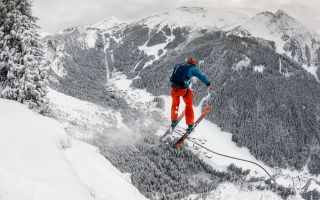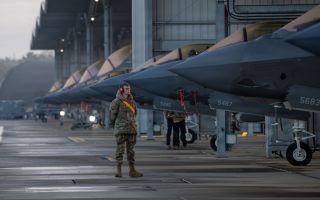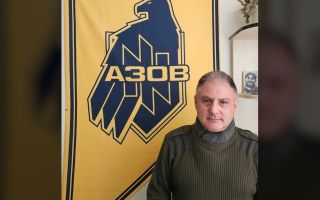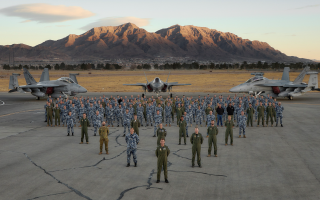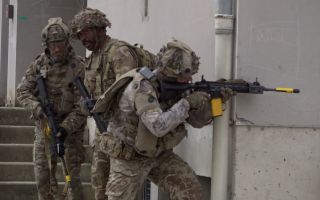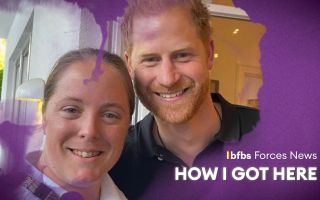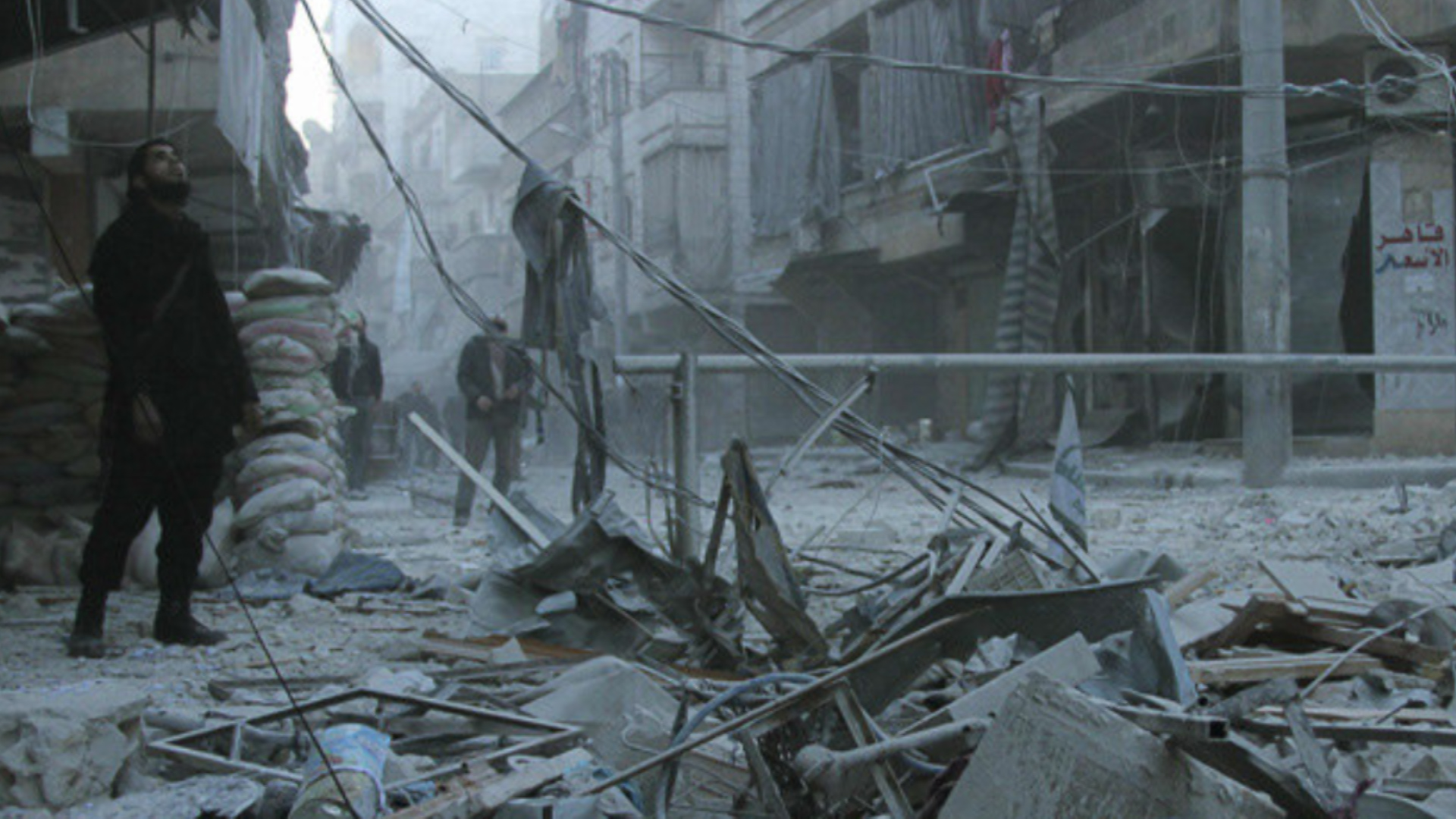
COMMENT: Could British UN Troops Provide An Answer In Syria?

By Hamish de Bretton-Gordon OBE.
Russia, US and Jordan agreed a ceasefire for southern Syria at the G20 last week.
On the face of it, this ceasefire should, in effect, turn the ‘symbolic but nebulous’ de-escalation zone in this area into a Safe Zone.
The major city of Daara which has been pounded and besieged by Regime forces for many months is the major rebel town in this area.
Aid hasn’t reached Daara for over 6 months and there are horrific stories of deprivation and starvation, but a few miles from Jordan’s border.
Turkey, Russia and Iran set up 4 de-escalation zones on May 17 in Idlib Province, Homs, Ghouta and in the south around Daara.
These appear to be ‘escalation’ zones rather than the converse, with Idlib, Ghouta and Daara especially hard hit, and with chemical weapons allegedly in almost daily use in Ghouta.
For the UN Geneva Process to be given any chance of success there needs to be a ‘proper’ ceasefire and copious amounts of humanitarian aid delivered.
It would appear that all those with a ‘dog’ in this fight have agreed the ceasefire, Russia, US, Turkey and Iran; but it is just not working comprehensively, and this is where the UN must come in and play the ‘UN’ role.
With these guarantors, it must be possible for the P5 of the UNSC to agree to get UN monitors on the ground to verify the ceasefire?
The second enabling function is to get aid to all who need it quickly, which is most in Syria.
Similar to Mosul at the moment, if vast amounts of aid, which is available in Turkey, Lebanon and Jordan doesn’t get to those who most need it we will see a repeat of Iraq 2003, where the battle was won but the peace was lost by not feeding and administering the vanquished and destitute.
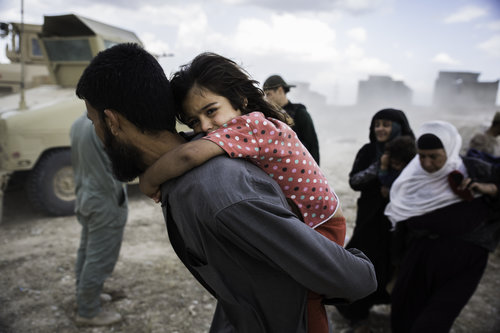
And even more worrying could see renewed support for, and foot soldiers to, IS.
In order to get this aid to where it is needed the most, first, I expect it would be best achieved by the support of UN peacekeepers.
There are still pockets of IS and Al-Qaeda to be avoided, and I cannot believe that the Regime, with Russia at even closer hand, would attack another UN convoy, as it did in Aleppo last year, and hence the UN is the only viable and fair delivery merchant.
It must now be an opportunity for Britain to stand up and play a key role?
It is time we lifted our head out of the BREXIT mire and do what we’re really good at, diplomacy and ‘muscular’ humanitarianism; aka, aid to the most difficult places.
As a P5 member we can bring the UN in to monitor the ceasefire and enable this aid, and under these types of assurance to the majority in Syria, give the Geneva process the chance it needs to deliver a long term solution to this most horrific crisis.
In the very short term, with RAF transport aircraft a short flight away in Cyprus, the ceasefire now gives the opportunity to air drop 100’s tonnes of aid into Daara and the environs in South Syria now, to alleviate the most acute suffering, and giving a chance for ground based aid to ramp up.
To prevaricate anymore, at this stage, will be to replay the mistakes of the 2003 invasion of Iraq, in spades, and condemn the vast majority in Syria to terminal decline and stoke the embers of IS, again, prolonging this shadow of terror to the UK and elsewhere ‘ad infinitum’?
Hamish de Bretton-Gordon OBE is a former soldier. He was commanding officer of the UK Chemical, Biological, Radiological and Nuclear (CBRN) Regiment and NATO's Rapid Reaction CBRN Battalion. He is currently the director at 'Doctors Under Fire'.



